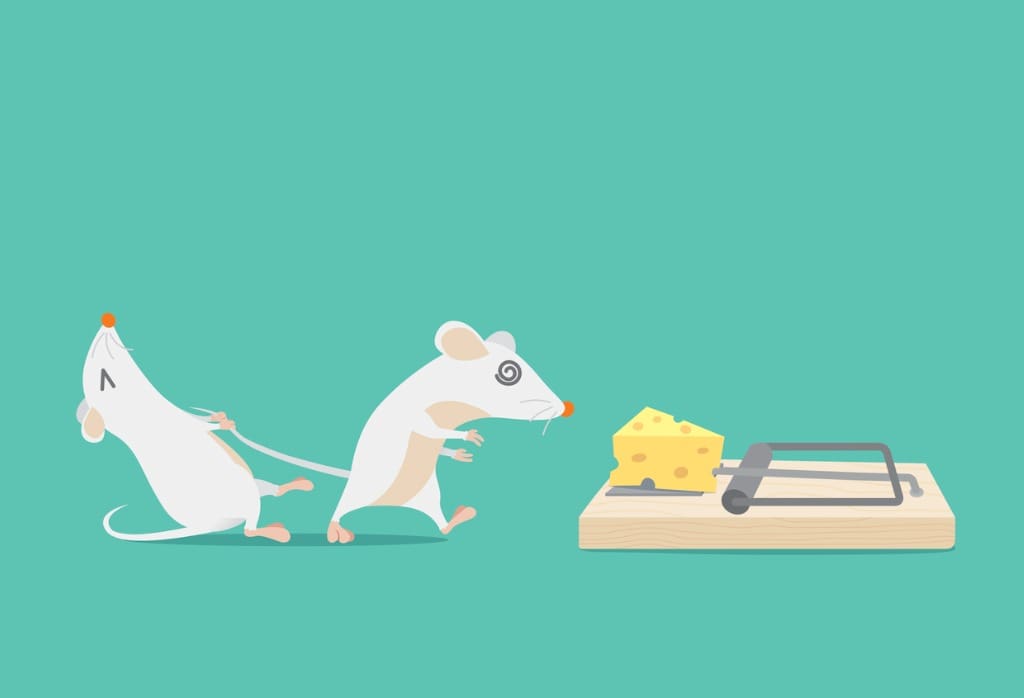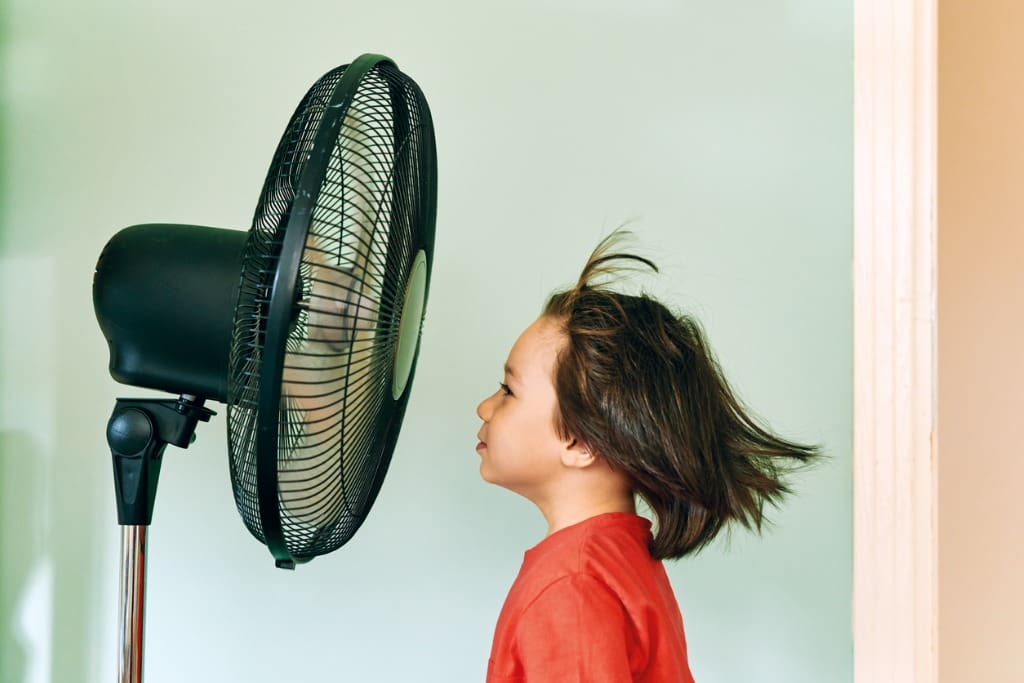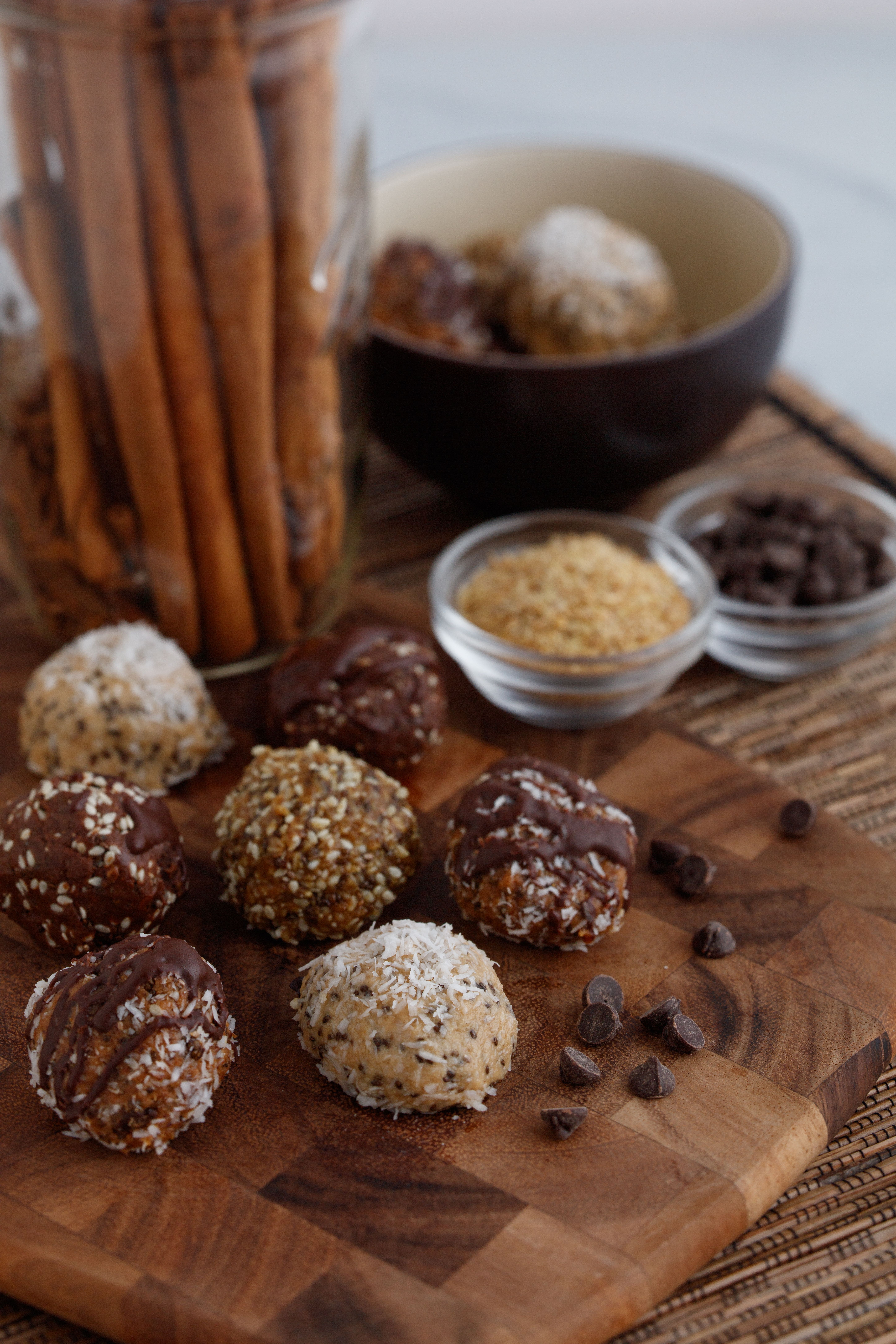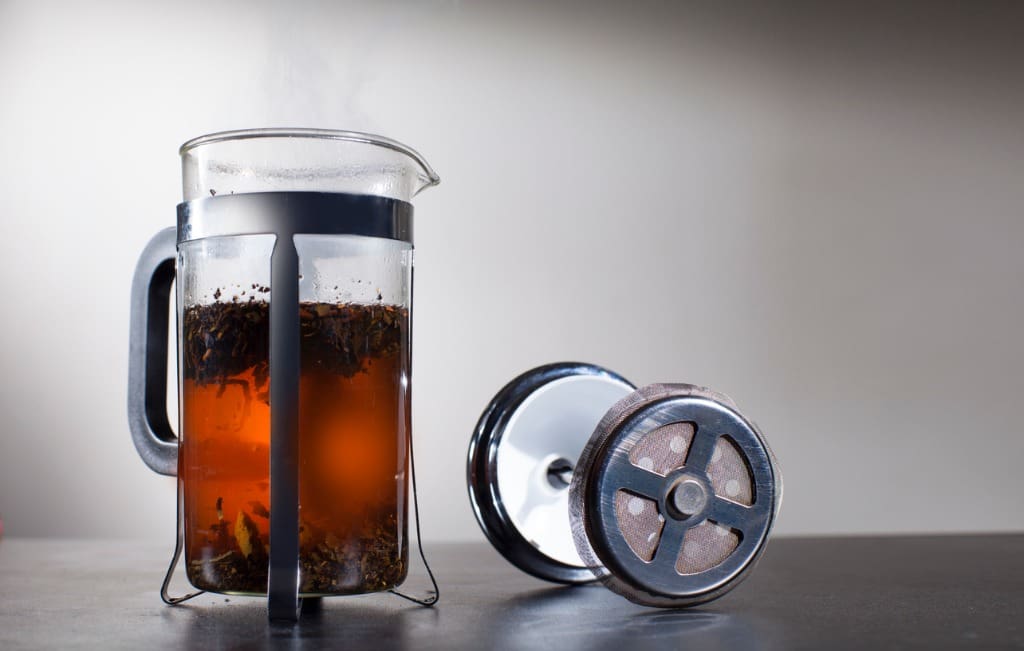
I think we all know that breaking a bad habit is very difficult. We know because of the numerous attempts we have made to stay focused and leave online shopping or social media or news outlets alone when something else needs to be done. We know because of trying over and over again to stay with healthy food programs or exercise regimens…only to find them trashed with the first vacation or birthday party or holiday. Research tells us that humans of today have a lot more pulls on our will power than any other generation in history. This whole internet thing…while it’s got its good points, it’s also a source of constant stimulation designed to make us crave and consume in order to be happy. This feeling of happiness of course is as fleeting as the reward trigger that’s tripped as soon as we hit the dopamine button in the brain. This is also where addiction comes from.
Science tells us there are three steps to this process: the trigger, the behavior (or response to the trigger), and the reward (the feeling we get after engaging in the behavior). Every time you feel satisfied, calm, happy, or sated when you engage in a behavior, your brain remembers and craves that same response again and again…thus a habit is formed…and sometimes an addiction.
Unfortunately, sometimes these habits and addictions can negatively impact your quality of life. The obvious example can be seen on brain images when someone gives into the craving for an opioid drug or sugar (yes they create a very similar response in the brain’s reward network…except sugar is a little worse). The natural consequence to eating too much sugar can be eventual insulin resistance, body weight issues, inflammation, and hormone imbalances. The natural consequences to a heroin addiction can be homelessness and death. So why can’t you just decide to break the habits like financial overspending, overeating, binge watching Netflix, gambling, porn, or impulsive sexual addictions that ultimately lead to negative outcomes? Believe it or not, it’s not about will power or self-control and morality has nothing to do with it…just look at how many religious leaders have been embroiled in addiction scandals.
It’s really more about the way you wired your own nervous system in childhood in response to stressful and traumatic events. First there is an event that happens to an innocent child who doesn’t have a contextual way to understand what just happened. Maybe you were happily building a tower with blocks and some other toddler stumbled into your work of art and it came tumbling down. You are disappointed. The reward system in your brain is not lighting up. In fact, the stress response has just engaged because your expectations are not being met. Right in that moment you will make up a meaning about this event, which will form a belief and then inform an adaptive behavioral response. It might be that in that moment your caregiver saw what happened and swooped you up off of the floor and gave you a cookie. And Presto! The brain’s reward system lights up with the influx of sugar and the brain remembers that sugar calms the stress response and decides that’s a great coping strategy for life…until you are diagnosed with an autoimmune disease in adulthood and have to take a hard look at what you can now see is a maladaptive behavior response to stress.
This was all part of my doctoral research in 2013, which eventually became the HURT (Healing Un-Resolved Trauma) Model that informs my integrative medical practice and helps me to guide my patients into autoimmune disease reversal.
Here are some steps you can take to begin to change the habits that might be making you sick…
1. Map Your Trauma and Health Timeline
It’s important to see what past events might have created the triggers that led to unhealthy habits of today. You can use the template I use to teach my integrative medicine health coaching students* and give to my patients: Your Health Map
2. Track the Secondary Gain You Get from These Habits
Secondary gain is just what is sounds like. You probably already know that a sugar, weed, caffeine, or alcohol addiction is not good for you. But you also get something from it. What does it do for you that causes you to keep it?
3. Develop Compassionate Curiosity
Find the little kid part of you who really really likes the way the brain feels when the reward center lights up in response to your bad habit. Be curious and be compassionate with this little one. What does she, he, or them REALLY need from you? I guarantee it’s not a food, drink, drug, experience, or material item. It’s always going to be love and acceptance. Take the time to give that love and approval and acceptance to that part of you who is craving it. Then work together to find a different way to feel good…a way that is health and life supporting rather than destroying.
*You can learn more about Dr. Keesha’s Academy for Integrative Medicine Certification Program here.


